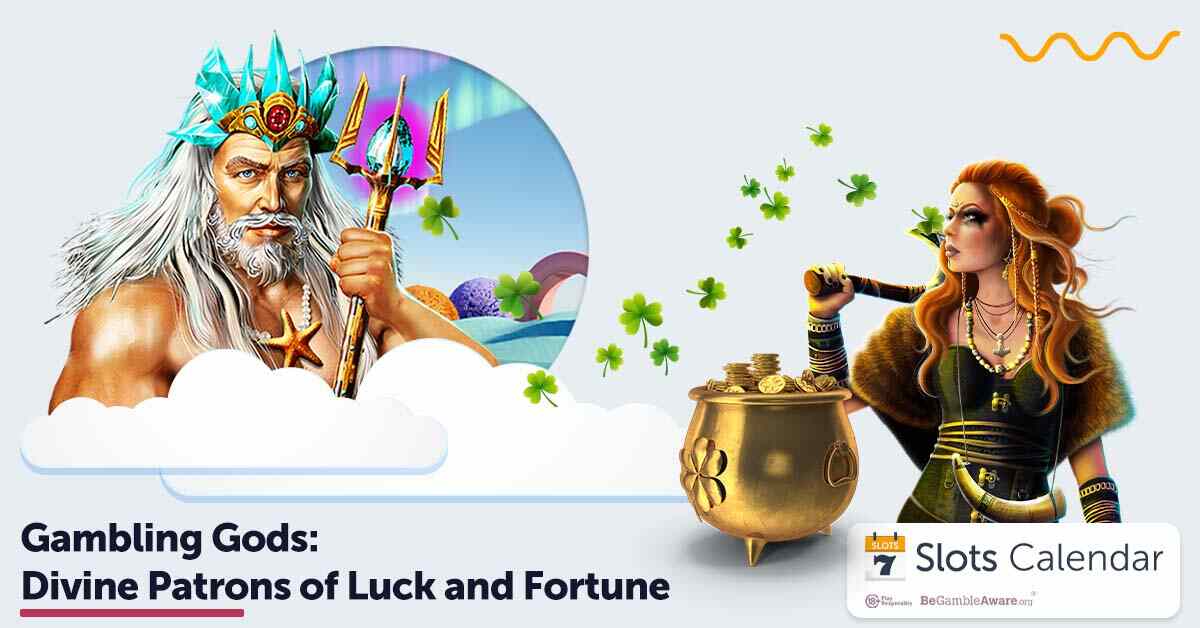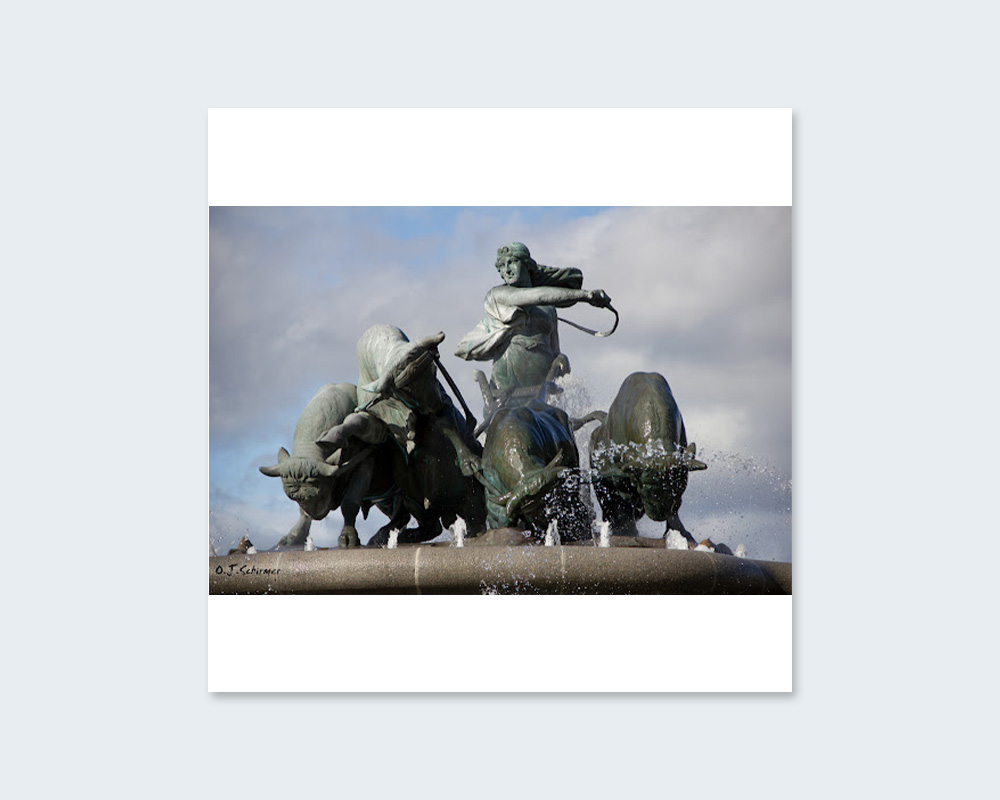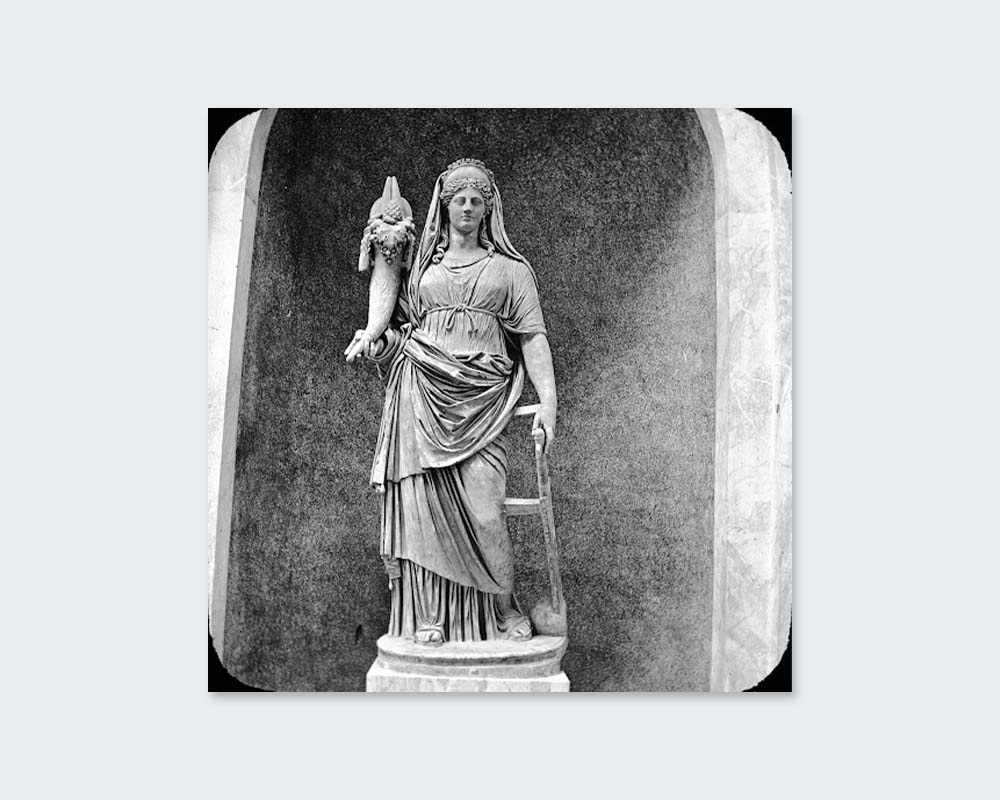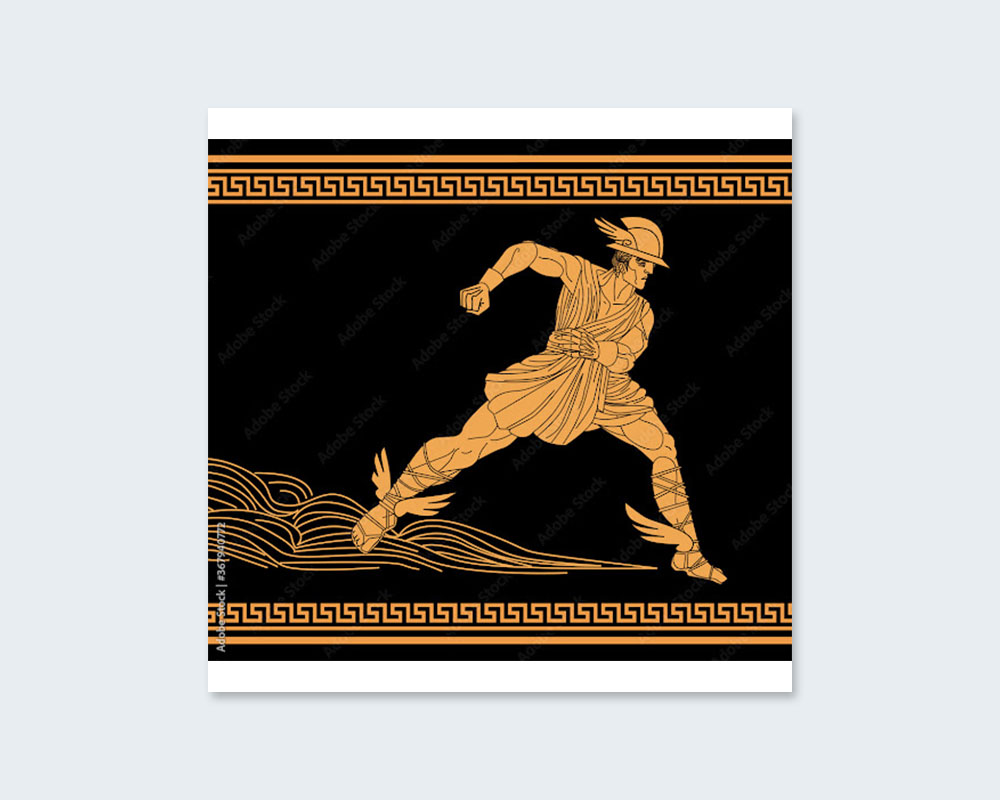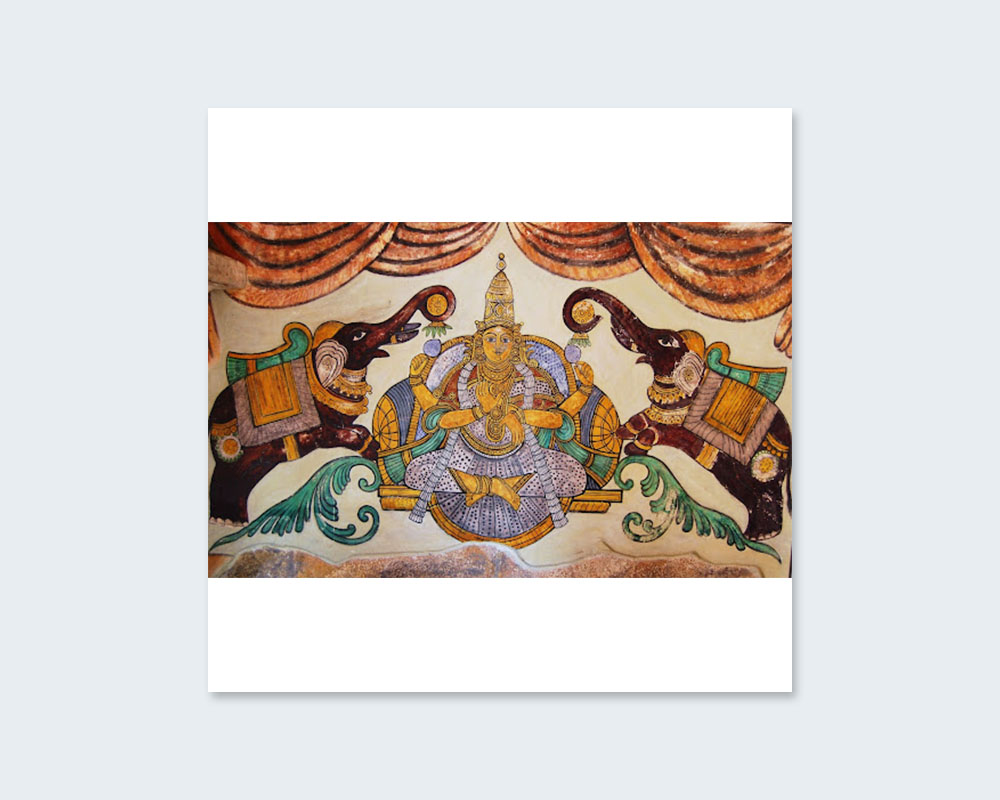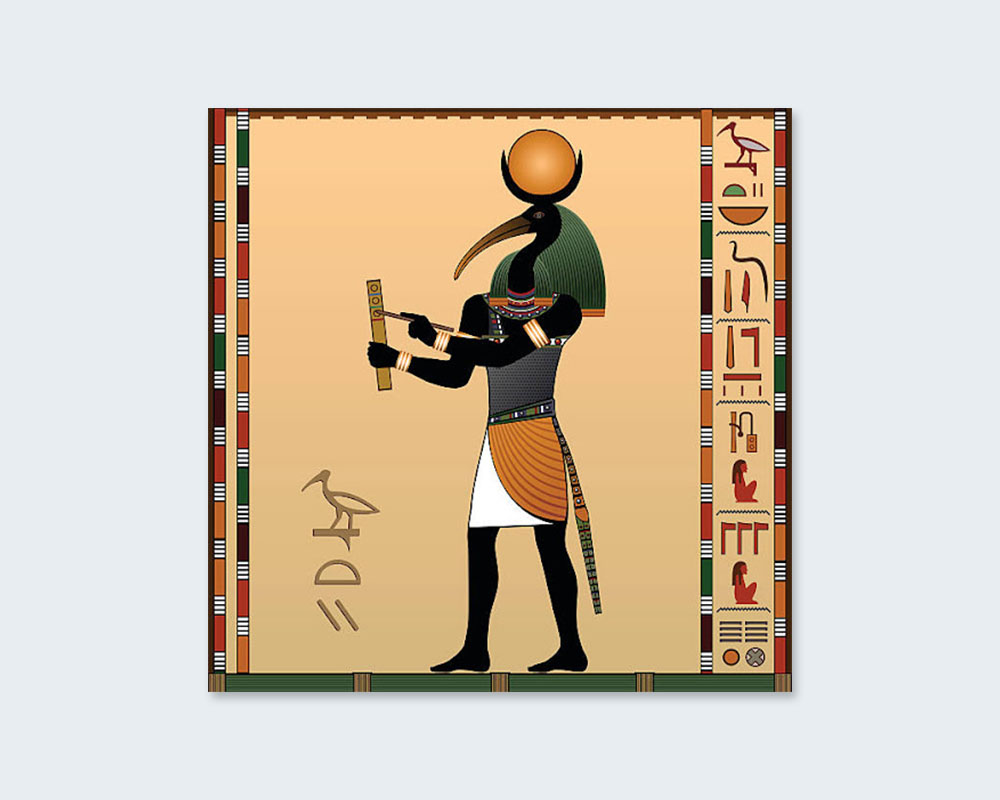Mythology is one of the most fascinating legacies we inherited from our ancestors. The unexplainable and mesmerising natural world showcases so many phenomena that humans have always tried to associate with various godlike entities.
While these stories seem fantastical from a contemporary point of view, especially compared to today’s most prominent religions, they provide incredible folklore sources. Seeing how our ancestors have historically interpreted their surrounding environment is incredibly entertaining!
Luck is a concept still sparking curiosity and fascination among contemporary humans. Several mathematical theorems and principles explain the probability phenomenon, but much has yet to be explained. Until other answers, let’s look to the past and how ancient peoples associated luck with various deities.
Humanity has traditionally had numerous pantheons throughout history, while a significant chunk of the worldwide population still reveres the entities. Among these innumerable figures, we can find several gods of gambling whose patronage helped players throughout history.
This article will highlight some of the better-known divine figures from various mythological pantheons. You may know several of them, while others may become new additions to your general knowledge repertoire. From the most rudimentary games to complex online casinos, gambling history has always included fascinating characters.
Gefjon
Our first inclusion in this list is a fascinating example because of the complex characteristics showcased throughout their mythological depiction. Gefjon, whose name spellings include Geifon and Gefjun, has been historically associated with numerous aspects, including her relationship with other deities from Norse mythology.
Gefjon is part of the Aesir side of this mythology, having been associated with them in most historical sources mentioning her. There aren’t many sources attesting to the Norse pantheon, but the most famous ones, the Poetic and Prose Eddas, mention her.
Patronage
The picture painted depicting Gefjon showcases a benevolent yet firm entity, with her foremost patronage being agricultural fertility through ploughing.
Although the common folk prayed to her for prosperous crops, Gefjon possessed the gift of foresight. The concepts of foreknowledge and certainty are essential in Norse mythology, and Gefjon, along with Odin, knew fate before it happened. For this reason, gamblers raised in the Norse tradition would pray for her blessed touch.
Her patronage of good fortunes and her association with prosperity has made her a central figure in the Scandinavian mythos, including royalty claiming descent from her.
In Modern Times
Norse mythology has emerged as a fascinating object in contemporary media, including cinema and video games. Gefjoin sees less representation than her martial counterparts, but rest assured: her role has always been instrumental.
Although her name isn’t associated with any specific games or luck-based activity, her role in determining fate makes her an integral part of why humans have revered her. Considering her benevolence and strong character, we hope she sees more representation in modern media!
Fortuna
Lady Luck herself is the most famous mythological gambling goddess. Her name is synonymous with fate, luck (or lack thereof), and destiny. Fortuna is the Roman counterpart to Tyche, following the syncretisation of the Greek and other Italic pantheons in the dawn of the Roman state.
Ancient depictions portray her as Jupiter’s daughter, appearing as a blindfolded woman, hence the concept of ‘blind luck’. Her reverence seems to have begun in the era of the Roman Kingdom, before the formation of the Republic or the Empire.
Patronage
Fortuna’s portrayals present her as the personification of fate and luck: an inconsistent and unpredictable phenomenon marking people’s lives. Roman tradition closely associated her temper with human virtue, as those lacking a virtuous lifestyle invited an unfavourable fate and the ensuing effects.
The philosophy around her cult depicts luck’s cyclical nature: good fortune may constantly shift in any direction. Considering fate and luck’s universal role in human lives, Fortuna has always remained a constant figure throughout history, including after the population’s shift away from polytheistic pantheons.
Other phenomena Fortuna presided over include agricultural prosperity, primarily due to the abundance revolving around her celebration. Like any other life aspect, a good crop depended on nature’s generosity, considered influenced by Fortuna.
Modern Role And Depiction
Fortuna’s name and role have remained integral to contemporary culture. The word ‘fortune’ is the foremost example of her endearing societal role. Gamblers worldwide wish for good fortune, meaning getting on the goddesses’ good side.
Her spinning the wheel of fortune (another concept inherited from Fortuna) represents gambling’s nature perfectly. Fate can always change when enjoying games of luck, so we recommend taking gambling easy and adhering to responsible gambling whenever you play!
Hermes
We remain in Western Europe with this inclusion, showcasing the Greek god of gambling. Hermes is one of the most fascinating characters in mainstream mythology, mainly thanks to his lively and playful nature. He is an ever-present icon presiding over numerous life aspects, including gambling-related qualities.
Greek mythology depicts him as an Olympian god and among Zeus’ sons. Although historical sources indicate worship even before a centralised Greek tradition, his role in the Hellenic mythos is central.
Hermes is a multi-faceted deity with a dynamic character, hence his popularity among gamblers.
Patronage
As a highly complex and endlessly fascinating mythological character, Hermes would deserve an entire article dedicated to what he oversees in the human world. His most iconic role is the god’s messenger, offering him the dynamic qualities we’ve been speaking of.
Hermes plays a general role as a mediator between numerous opposites, mainly thanks to his status as a guide between life and the afterlife and between merchants. One could interpret his role as a mediator between the two active sides in gambling activities.
His patronage of commerce and wealth includes quick and surprising enrichment, which, along with his witty nature, made him the prototypical gambling patron. He is said to have invented the dice, supplementing his influence as a godlike figure associated with gambling.
In Contemporary Times
Hermes remains a household name for numerous reasons, some unrelated to the god. His name and character remain well-known ever after millennia, so we highlighted his gambling association.
People can find his depictions in any medium, from art to popular portrayals, making him one of the most famous mythological gods of gambling.
Lakshmi
Our journey through mythologies takes us to India, where we meet one of Hinduism’s principal deities: Lakshmi, the Supreme Goddess of Vaishnavism. She is one of the most significant figures in the Hindu religion, serving as the aspect for various benevolent and optimistic life elements.
Lakshmi’s portrayals showcase her as Vishnu’s consort, serving as an aspect of the concept of the mother goddess. She adopts various avatars and descends unto the earth with Vishnu, emphasising a prosperous image, highlighting elegance, beauty, and peace.
Her foremost association with gambling comes from her association with financial and spiritual wealth, prosperity, and, most importantly, fortune.
Patronage
Lakshmi presides over overwhelmingly positive life dimensions, dutifully aiding humans as a benevolent mother goddess. Her patronage of wealth signifies prosperity in one’s financial prosperity, showcased in her depictions with a jar of golden coins.
Her clothing denotes her principal patronage related to fortune, as the golden embroidery accompanying her red dress represents fortune. Gamblers hoping for luck in their playing endeavours would pray to Lakshmi for her favour in presiding over fortune.
Like many other goddesses associated with good fortune, her divine influence is auspicious for general prosperity and fertility, providing abundance, peace, and knowledge.
A Goddess Still Revered
What makes this deity’s story even more endearing is how many people still worship Lakshmi. As one of the religion’s foremost entities, Hinduise believers pray to her during Diwali, hoping for the prosperity her name and favour provide.
This festivity, corroborated by Lakshmi’s auspicious spiritual influence, showcases why gamblers revere her, hoping for her blessed touch as a good gaming fortune!
Thoth
The closest thing we have to an Egyptian god of gambling is Thoth, the ibis-headed deity mediating the politics between the many entities inhabiting the Nile’s legendary shores. The ancient Greeks considered Thoth the closest comparison to Hermes for reasons we will touch on.
Thoth is a mythological figure with a particularly complex role, being credited with creating themselves while overseeing intellectual and scholarly endeavours. He serves as the gods’ scribe, ensuring the preservation of knowledge.
He is a lunar deity whose role is a stalwart of wisdom. His mythological portrayals picture him as a counselling figure, ready to provide level-headed advice and help solve conflicts.
Patronage
The Egyptian pantheon had many gods and goddesses, symbolising and overseeing aspects ranging from primordial forces to ambiguous concepts. Thoth’s role was to preside over knowledge, as the ancient Egyptians consider him the progenitor of all scientific, religious or literary work.
His scholarly dimension includes mathematical prowess, presiding over cosmic calculations credited with the solar system’s formation. Such a good mathematician would suit gambling well, especially considering his role in the birth of Isis and Osiris.
Quite famously, his gamble with the Moon for 5 days worth of light led to the successful conception and birth of Nut and Geb’s children. His mathematical ability and a successful result in his wager against the Moon paint a picture of a God taking a scientific approach to gambling.
Contemporary Depictions
People across millennia would see Thoth as an entity presiding over any scientific endeavour, which, mathematically, could turn him into the god of gambling. His infinite wisdom and moderate nature would make him the perfect prototype for a gambler.
Today, his role as a central figure in one of the most well-known mythologies leads to various portrayals in popular media. The gambling industry took notice and has constantly produced Egyptian-inspired games, which players can find on the best casino websites offering slots!
Conclusion
Gambling has historically been a part of human behaviour, and good fortune has been a privilege people want to receive. Deities across various pantheons preside over luck, and gaining their favour would mean gaining an advantage!
Overall, mythology is a fascinating aspect of human history, and its relationship with gambling is a special endeavour for all players!

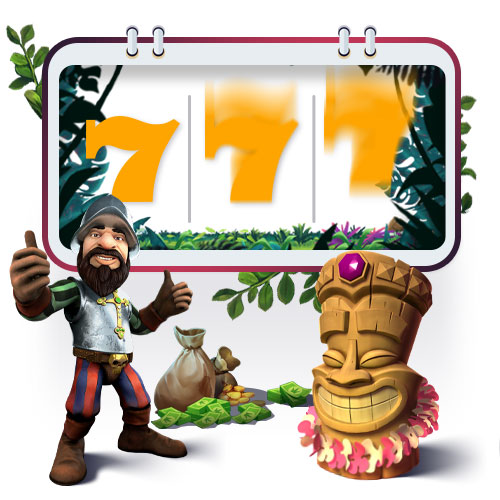 Free Slots
Free Slots




